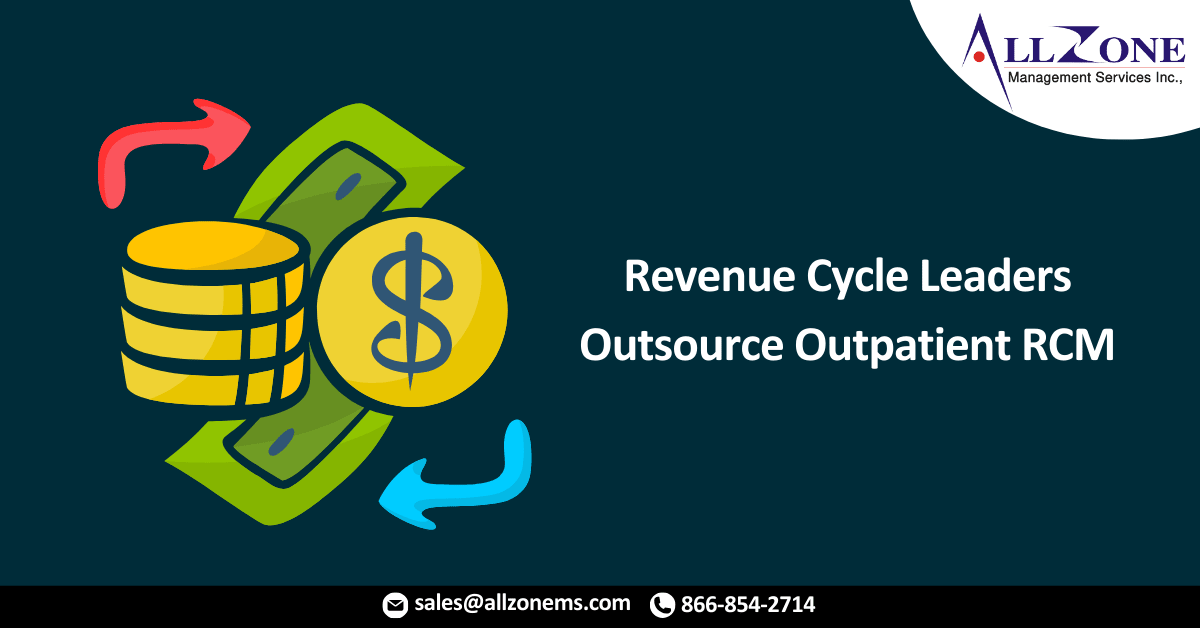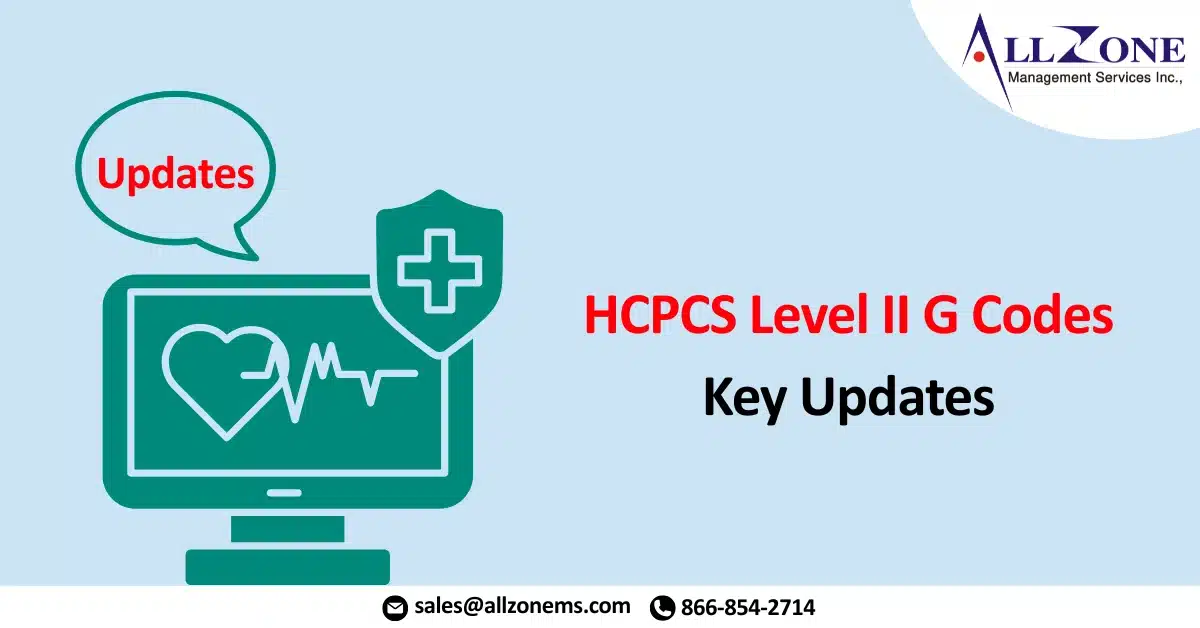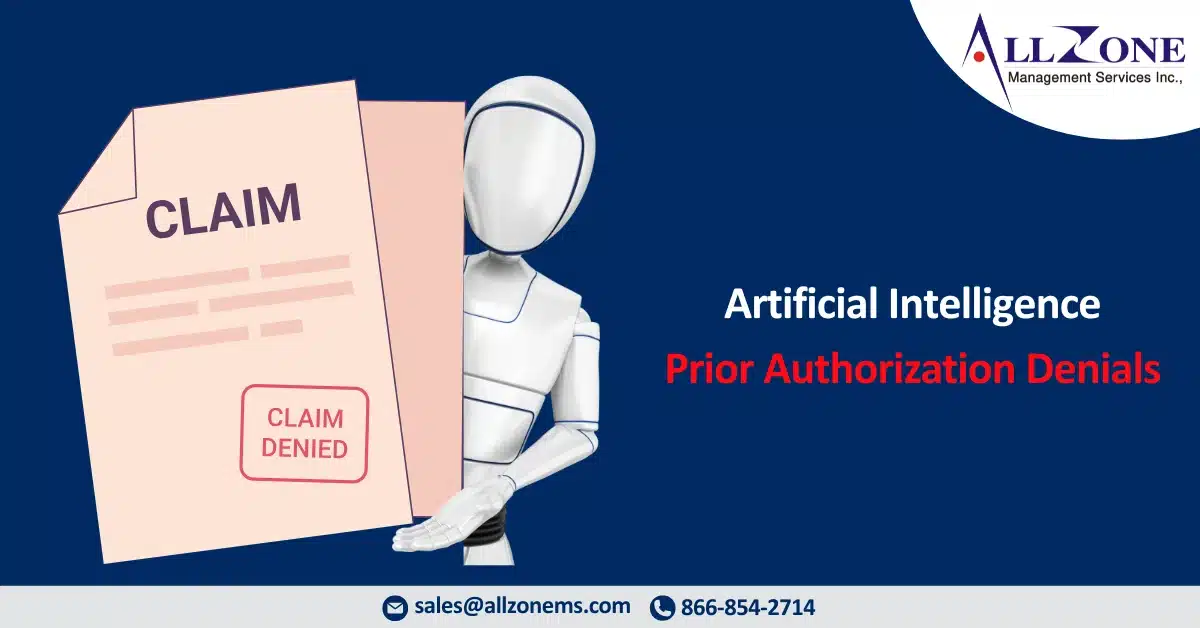Turning submitted medical claims into actual payments is a crucial phase for any healthcare practice. The time it takes to receive these payments directly impacts your financial health and operational efficiency. To maintain a healthy revenue cycle, it’s essential to reduce AR turnaround time and aim to clear your Accounts Receivable (AR) within a 30-day […]
Claim denials remain one of the biggest challenges healthcare providers face when it comes to maintaining consistent revenue and smooth operations. While some common causes like incomplete documentation and incorrect patient information are well-known, there are still many lesser-known or overlooked reasons medical claims get denied. In this article, we’ll explore five more reasons why […]
Outpatient care has become a cornerstone of modern healthcare, thanks to technological advancements, patient preferences, and cost-effective treatment models. As outpatient services expand, so do the administrative and financial complexities behind the scenes. Revenue Cycle Management (RCM) for outpatient care is no small feat — it involves managing patient scheduling, insurance verification, coding, billing, and […]
Navigating the complexities of denials management can feel overwhelming for revenue cycle leaders seeking effective solutions. Instead of chasing quick fixes, a structured, methodical approach is essential for building a sustainable and impactful denials management strategy. Implementing a Robust Denials Management Solution is key to achieving this, as it provides the necessary framework for a […]
In the intricate ecosystem of healthcare, where patient well-being and financial viability intertwine, accurate medical coding stands as a cornerstone. Physicians, while primarily focused on patient care, bear the ultimate responsibility for the documentation that underpins the billing process. To ensure accuracy and compliance, Medical Coding Audits for Physicians are essential in identifying potential errors […]
Artificial intelligence (AI) is one of the most talked-about innovations in healthcare finance—and for good reason. While it brings excitement about streamlined operations, particularly in areas like AI in denial management, and better outcomes, it also sparks questions about its impact on providers, staff, and daily workflows. At AAPC, we’ve been actively exploring how AI […]
The U.S. Department of Health and Human Services (HHS) Office of Inspector General (OIG) is intensifying its oversight of Medicare expenditures and billing practices through focused audits across three crucial domains, a move that can be summarized as OIG Intensifies Medicare Audits. These reviews are strategically designed to fortify Medicare’s fiscal soundness and guarantee the […]
Staying abreast of HCPCS Level II code updates is crucial for healthcare providers seeking accurate reimbursement. These codes, particularly HCPCS Level II G codes for Procedures & Professional Services, play a pivotal role in billing for services not covered by CPT® codes. Let’s delve into some key G codes and their implications for your practice. […]
Laboratories often grapple with claim denials stemming from ambiguous payer policies, inconsistent information from payer representatives, coding complexities, and network status uncertainties. To mitigate these challenges and improve financial outcomes, a strategic approach to laboratory claim denial management is essential. By implementing a robust data analysis and trending strategy, laboratories can significantly improve their denial […]
A recent survey conducted by the American Medical Association (AMA) has revealed significant concerns among physicians regarding the use of artificial intelligence (AI) in healthcare, particularly related to AI prior authorization denials. The survey, which included 1,000 practicing primary care physicians and specialists in the United States, highlights the increasing challenges that AI poses to […]










